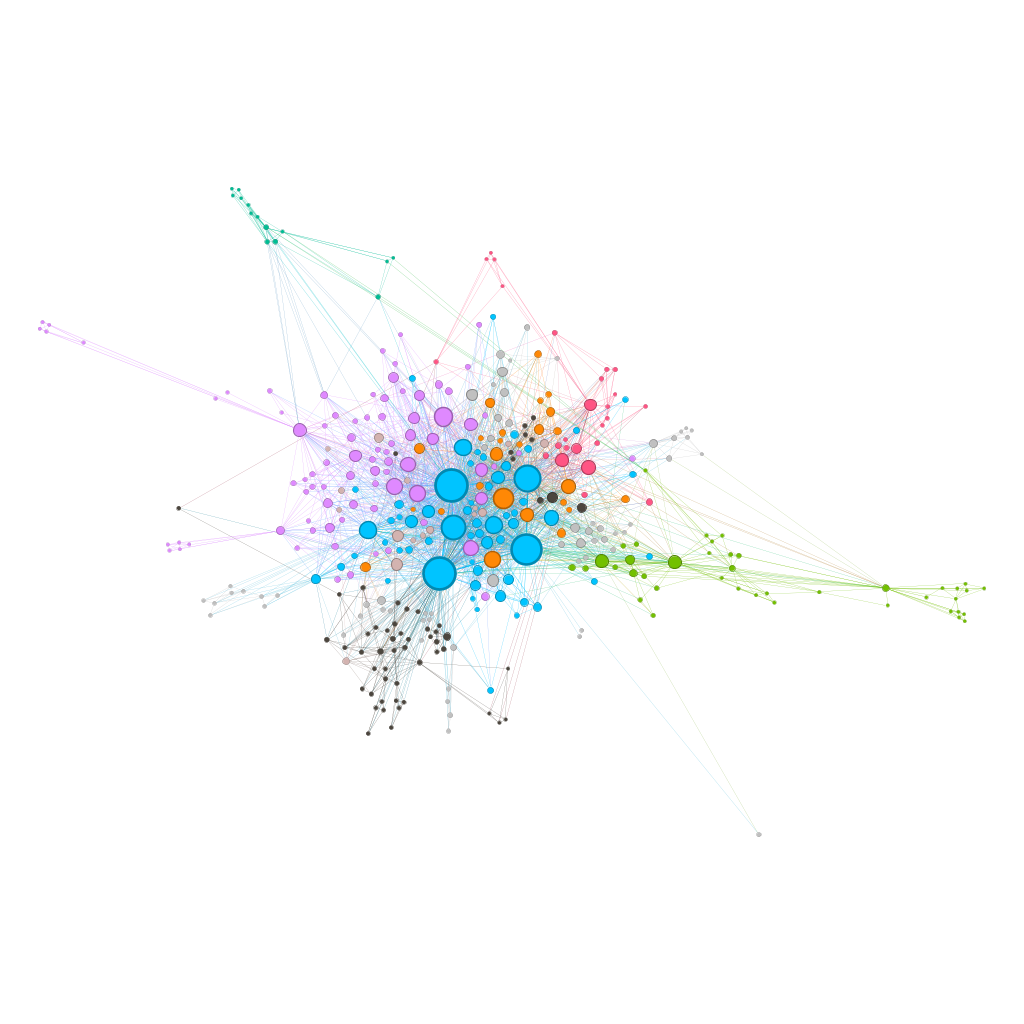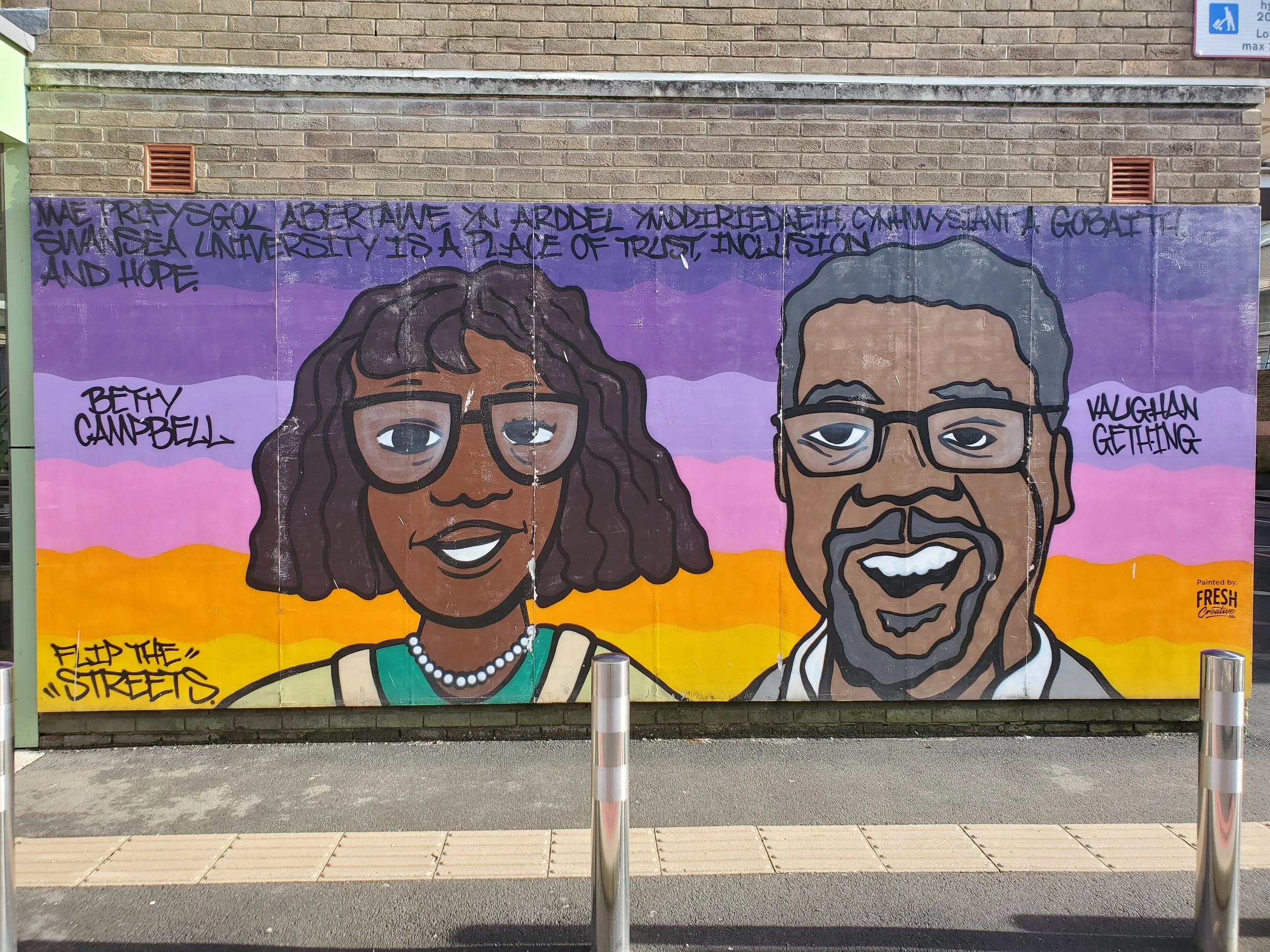
Our Research in the UK
Case Study One: Exploring Anti-Oppression Activism in South Wales
South Wales has a rich history and culture of anti-oppression activism. Highly tied to anti-war, socialist, trade union, and Welsh-language activism, the activist scene has broadened in recent decades to include anti-racist activism and LGBT+ rights activism. These progressive activist groups have received much less attention in the academic literature than their mainstream and far right peers in the political social media space but research into these groups can enrich our understanding of how social media users engage with and respond to political messaging. Do progressive activists receive different patterns of engagement from far right or mainstream social media pages? Do social media users engage with some types of progressive media more than others? What are the effective ways of encouraging engagement with progressive social media messaging?
The UK team at Swansea University team is working on an exploratory study into the social media posting styles of anti-oppression activist groups. This study looks at a broad cross-section of activist groups across south Wales to compare and contrast social media posts across geographical regions, political goals, and type of group formation. Thirty seven activist groups were identified as having a social media presence on either Facebook or Instagram. All their social media posts from an 18-month period from December 1st 2023 to May 31st 2025 were scraped. This timeframe allows for key religious holidays to be studied, and the length of the timeframe allows for patterns in the posting habits to be identified. The study looks at the engagement rates different groups receive, the structure of the network that the activist pages are involved in, and the written content of the social media posts to reveal a picture of central and peripheral actors with different approaches to social media engagement.
The UK team uses network analysis to understand relationships between political groups and their causes
This study aims to see what messaging strategies are effective for different types of groups and whether they differ between regions, political goals, and group structure. The study looks at both community building groups and protest groups. Community building groups are those whose primary objective is to create a safe, thriving community for their primary demographic, such as LGBT+ people, migrants, or Black, Asian and Minority Ethnic (BAME) people. Protest groups have political demands as their main goal, such as ending the arms trade, increasing the rights of migrants and asylum seekers, or ending structural discrimination. We expect to see different messaging strategies from the two groups as they are asking for different types of engagement from followers: the community building groups are looking for their followers to attend events and to form friendships with the group and one another, while protest groups are asking their followers to take political action and join a cause, which tends to lead to community and friendship but these are not the primary goals.
The intended outcomes of this study are an increased understanding of effective progressive social media messaging which can be used to support and encourage further pro-social behaviour on social media platforms. We hope to use these findings to highlight the organic grassroots work that is done by activists to challenge racism and division in society, to see which aspects of it are most effective, and to use this to support future efforts. As far right and reactionary politics is on the rise, we hope to use this research to further challenge the narrative that far right messaging receives traction on social media because people agree with it. Research regularly shows that far right messaging receives increased traction due to algorithmic amplification. Analysing engagement metrics and messaging strategies of progressive anti-oppression groups may show if and how they receive engagement without algorithmic amplification, which would indicate a genuine desire on the behalf of users to seek out and engage with this content, rather that merely responding to ‘rage-bait’ and ‘like if’ style posts that are common on the far right.
Studying progressive anti-oppression groups like the ones in this study will highlight the grassroots opposition to reactionary politics and offer examples of unity and ‘living well together’ that can be supported and replicated by other actors invested in social justice.
Case Study Two: Evaluating Flip the Streets
Flip the Streets is a Swansea-based initiative aimed at empowering local communities to see themselves represented in the spaces they frequent. Flip the Streets works with community groups and the local council to arrange for murals to be painted in public spaces that are designed by the communities that use them. The murals are then painted by the community with the help of a local art collective. Previous Flip the Streets projects have seen hateful graffiti replaced by co-created murals in a proactive response to racism and hate speech.
The UK team’s second case study evaluates the impact of these initiatives. Through overt non-participant observation and semi-structured interviews, the research team seeks to understand what taking part in a Flip the Streets event is like for participants. The researchers will observe what issues are discussed during the design process of the mural and will interview participants on the day of the mural painting to ask about what impact the process has had on them. The aim of Flip the Streets is to raise awareness about the importance of eliminating hate visuals and to empower local people to see themselves and their values represented in their spaces. This research will evaluate if this is effective.
A Flip the Streets mural at Swansea University.
Meet the UK Team
The UK team are




